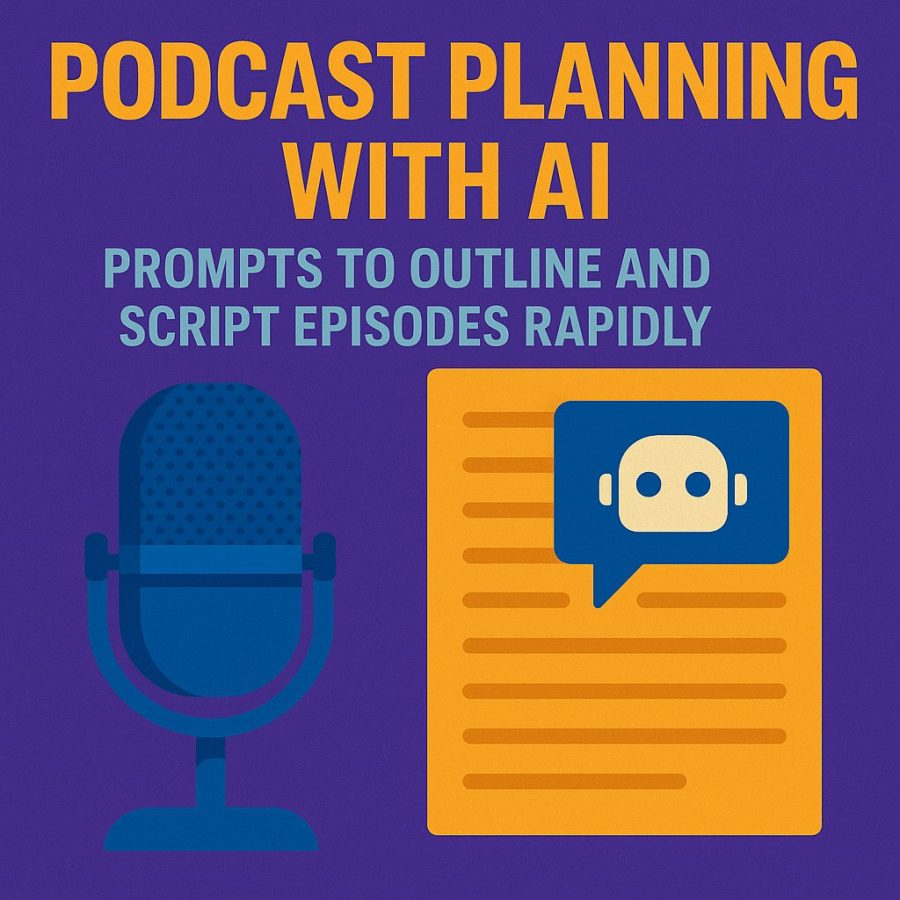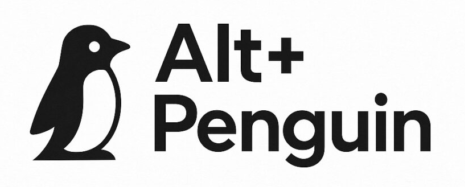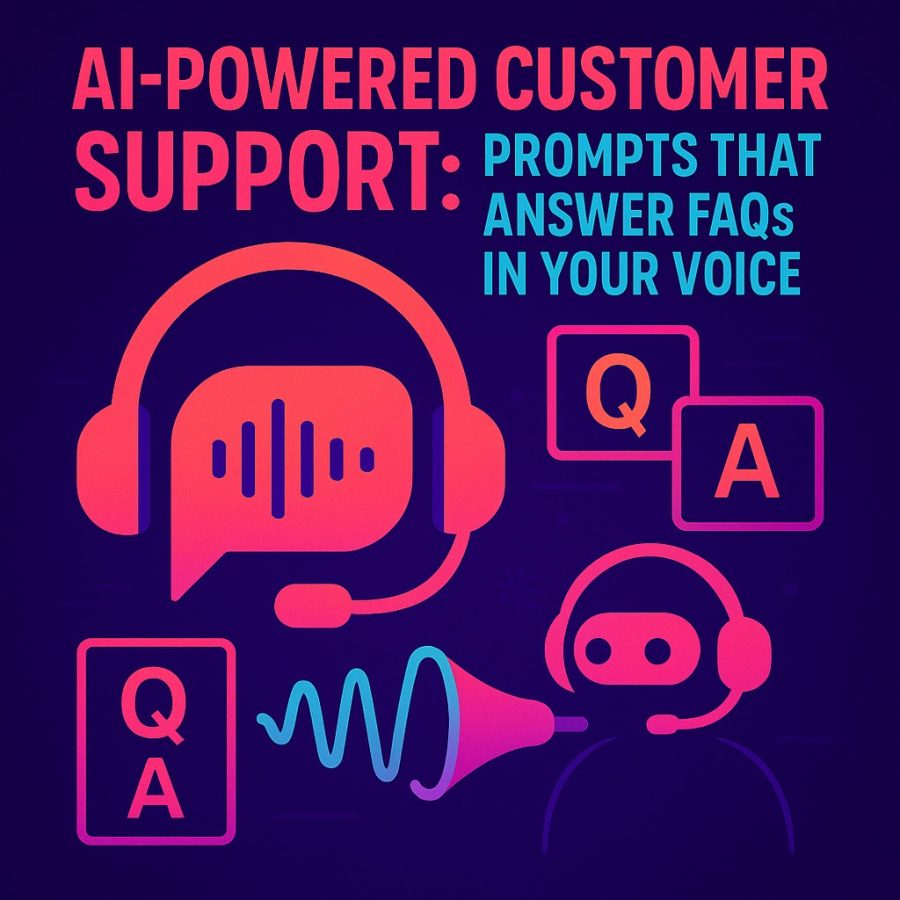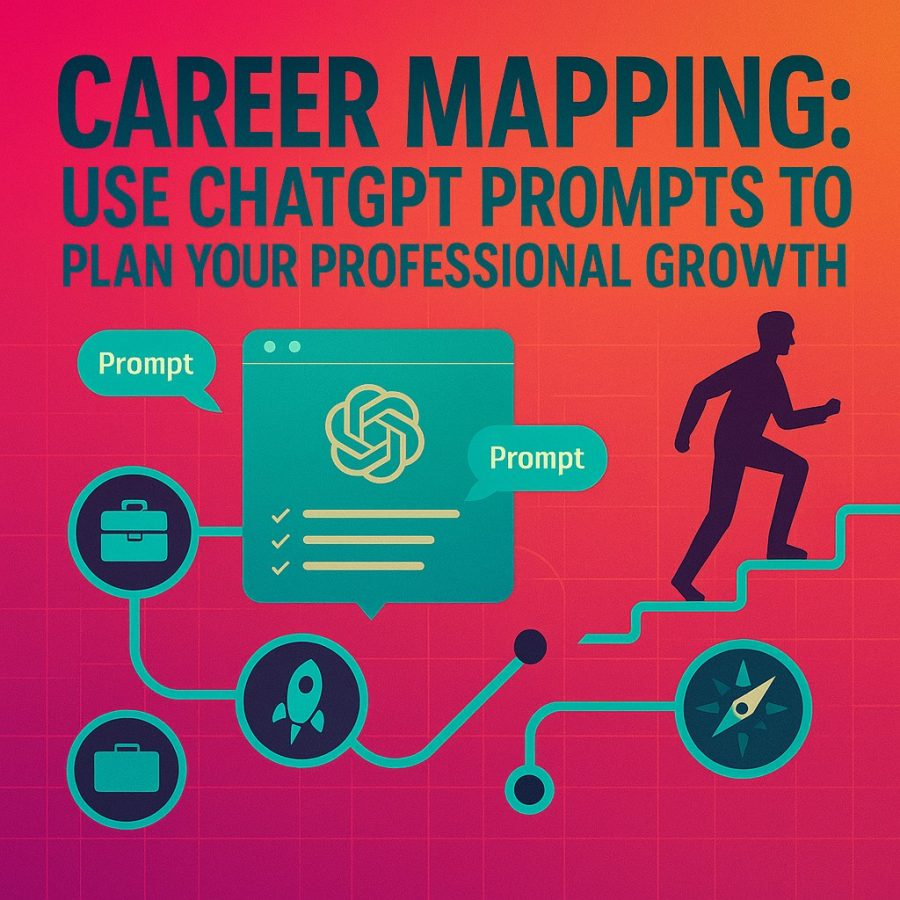Views: 0

Starting a podcast can feel like juggling flaming torches there’s topic research, episode structuring, scriptwriting, and scheduling, all before you hit record. What if you could slash planning time in half and still deliver polished, engaging episodes? Enter Podcast Planning with AI, where smart AI prompts become your creative co-pilot. In this post, you’ll learn how to leverage AI to outline podcast episodes and script podcast episodes rapidly, freeing you up to focus on the fun part: storytelling.
Why Streamlined Podcast Planning Matters
- Consistency Builds Audience Trust: Regular releases keep listeners coming back. A reliable planning process helps you stick to a schedule without burning out.
- Quality Versus Quantity: Saving time on prep means more bandwidth for guest outreach, sound editing, or audience engagement.
- Creative Flow: When you’re not bogged down by logistics, ideas flow naturally. You can experiment with formats, invite more diverse guests, or dive deeper into niche topics.
By adopting a rapid podcast planning workflow, you guarantee a steady stream of high-value content while avoiding last-minute scrambles.
The Power of AI Prompts for Podcast Planning
AI isn’t here to replace your voice but to amplify it. With the right prompts, you can:
- Generate Fresh Angles: Get unique episode ideas tailored to your niche no more staring at a blinking cursor.
- Structure Episodes: Create logical, engaging outlines that guide your conversation from intro to takeaway.
- Draft Scripts and Show Notes: Automate the heavy writing so you can focus on personality and delivery.
Using AI prompts to outline and script episodes transforms podcast prep from a multi-hour slog into a few quick chat sessions.
Step-by-Step Guide to Podcast Planning with AI
1. Define Your Episode Blueprint
Before you tap into AI, clarify your goals:
- Target Audience: Who are you talking to? Entrepreneurs, hobbyists, parents?
- Episode Type: Interview, solo commentary, panel discussion, storytelling?
- Key Takeaway: What should listeners know, feel, or do after hitting pause?
Prompt Example:
“Act as a podcast consultant. I’m launching a weekly solo show for budding entrepreneurs. Suggest 10 episode topics under the theme ‘Bootstrap Marketing,’ each with a one-sentence hook.”
2. Auto-Generate Detailed Outlines
With your concepts in place, it’s time to craft a roadmap for each episode:
- Introduction: Attention-grabber and episode promise.
- Main Segments: Three to five core points or questions.
- Listener Engagement: Calls-to-action, relatable anecdotes, or listener questions.
- Conclusion: Recap, tease next episode, and invite feedback.
Prompt Example:
“You’re an expert podcaster. Outline an episode titled ‘Building an Email List on a Budget.’ Include intro, three key lessons, two listener questions, and a closing summary.”
3. Rapidly Draft Scripts and Show Notes
Turn your outline into a script or bullet-point show notes in one go:
- Script Style: Conversational, with natural pauses and asides.
- Show Notes: Brief summaries, resource links, and guest bios (if applicable).
- SEO Keywords: Incorporate terms like “email list growth,” “bootstrapping tips,” and “DIY marketing.”
Prompt Example:
“Based on this outline, write a 400-word script for the ‘Email List on a Budget’ episode in a friendly, encouraging voice. Then provide 150-word show notes with links to free email tools.”
4. Refine for Your Unique Voice
AI drafts are a solid foundation but need your personal flair:
- Tone Adjustments: Add humor, adjust formality, or sprinkle in signature phrases.
- Fact-Checking: Ensure any data points or tool recommendations are up to date.
- Time Stamps: Mark segment start times for editing efficiency.
Prompt Example:
“Review this draft and suggest two spots for a personal story about my first email campaign failure. Keep the tone upbeat.”
5. Batch Plan and Schedule
Save time by planning multiple episodes at once:
- Use a spreadsheet or Notion board to collect outline drafts.
- Run batch AI prompts for scripts in a single session.
- Block recording and editing slots on your calendar.
This assembly-line approach turns a week’s worth of episodes into a single creative sprint rather than seven separate marathons.
Sample AI Prompts for Podcast Planners
- Episode Ideation:
“Generate 12 unique episode titles for a tech-focused interview show, each hinting at a surprising industry insight.” - Outline Enhancement:
“Expand this three-point outline into a five-segment episode flow, adding interactive listener polls.” - Script Polishing:
“Polish this draft script to include two rhetorical questions and a call-to-action for podcast reviews.” - Show Notes Creation:
“Summarize the key takeaways in bullet points and suggest three external resources for further reading.” - Social Teasers:
“Write three tweet-length promo lines highlighting the guest’s unique background and the episode’s main lesson.”
Feel free to adapt these prompts to your topic, format, and personal style.
Integrating AI into Your Podcast Workflow
- Choose Your AI Platform: ChatGPT, Jasper, or any LLM that supports conversational prompts.
- Centralize Prompts: Store your favorite prompts in a shared document or prompt library for easy reuse.
- Automate with Zapier or Make: Trigger AI-generated outlines directly into Google Docs or your CMS when you add a new episode title.
- Collaborate with Guests: Share AI-drafted outlines with cohosts or interviewees for smoother recording sessions.
A well-orchestrated workflow means fewer headaches and more time delivering value.
Best Practices for AI-Driven Podcast Planning
- Balance Structure with Spontaneity: Rely on AI for the skeleton, but leave room for organic conversation.
- Update and Iterate: Regularly refine prompts based on listener feedback and performance metrics.
- Maintain Authenticity: Always inject your personal anecdotes and perspectives AI can’t replicate your unique experiences.
- Monitor Episode Length: Ask AI to estimate word-count to keep episodes within your desired time frame.
- Prioritize Listener Value: Use prompts that focus on actionable insights, not just filler content.
Conclusion
Podcast Planning with AI isn’t about replacing your creativity it’s about supercharging it. By adopting targeted AI prompts to outline and script episodes rapidly, you’ll consistently deliver high-quality shows without sacrificing your free time. Start by defining your podcast blueprint, then experiment with the sample prompts above to find what clicks. With an AI co-pilot in your corner, podcast prep becomes a breeze, leaving you energized to engage, entertain, and grow your audience one meticulously planned episode at a time.




